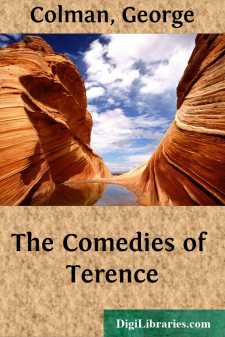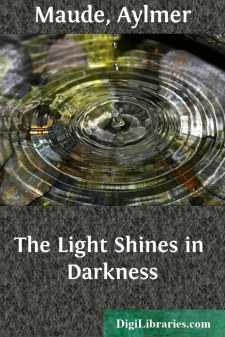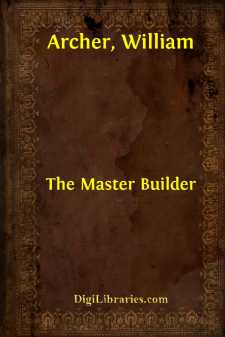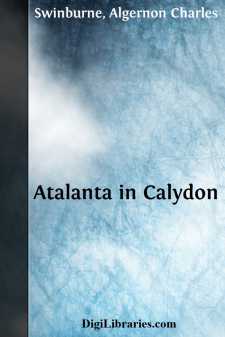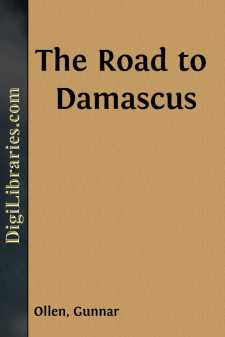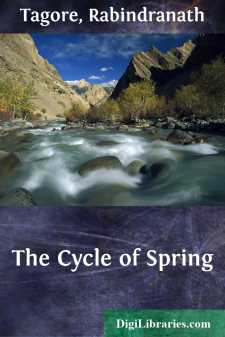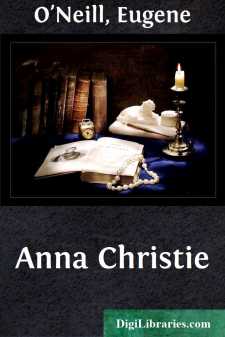Drama Books
Sort by:
by:
George Colman
PROLOGUE. The Bard, when first he gave his mind to write, Thought it his only business, that his Plays Should please the people: but it now falls out, He finds, much otherwise, and wastes, perforce, His time in writing Prologues; not to tell The argument, but to refute the slanders Broach’d by the malice of an older Bard. And mark what vices he is charg’d withal! Menander wrote the Andrian and...
more...
by:
Aylmer Maude
ACT I Scene 1 The scene represents the verandah of a fine country-house, in front of which a croquet-lawn and tennis-court are shown, also a flower-bed. The children are playing croquet with their governess. Mary Ivánovna Sarýntsova, a handsome elegant woman of forty; her sister, Alexándra Ivánovna Kóhovtseva, a stupid, determined woman of forty-five; and her husband, Peter Semyónovich , a fat...
more...
by:
William Archer
The Master Builder—or Master Builder Solness, as the title runs in the original—we enter upon the final stage in Ibsen's career. "You are essentially right," the poet wrote to Count Prozor in March 1900, "when you say that the series which closes with the Epilogue (When We Dead Awaken) began with Master Builder Solness." "Ibsen," says Dr. Brahm, "wrote in...
more...
by:
Upton Sinclair
THE NATUREWOMAN ACT I [Scene shows a luxuriously furnished drawing-room. Double doors, centre, opening to hall and stairway. Grand piano at right, fireplace next to it, with large easy-chair in front. Centre table; windows left, and chairs.] [At rise: ETHEL standing by table; a beautiful but rather frail girl of sixteen; opening a package containing photograph in frame.] ETHEL. Oceana! Oceana! [She...
more...
by:
Bernard Shaw
Exception has been taken to the title of this seeming tomfoolery on the ground that the Catherine it represents is not Great Catherine, but the Catherine whose gallantries provide some of the lightest pages of modern history. Great Catherine, it is said, was the Catherine whose diplomacy, whose campaigns and conquests, whose plans of Liberal reform, whose correspondence with Grimm and Voltaire enabled...
more...
ACT I The scene is laid in the park on SORIN'S estate. A broad avenue of trees leads away from the audience toward a lake which lies lost in the depths of the park. The avenue is obstructed by a rough stage, temporarily erected for the performance of amateur theatricals, and which screens the lake from view. There is a dense growth of bushes to the left and right of the stage. A few chairs and a...
more...
THE ARGUMENT. Althaea, daughter of Thestius and Eurythemis, queen of Calydon, being with child of Meleager her first-born son, dreamed that she brought forth a brand burning; and upon his birth came the three Fates and prophesied of him three things, namely these; that he should have great strength of his hands, and good fortune in this life, and that he should live no longer when the brand then in the...
more...
by:
Gunnar Ollen
INTRODUCTION Strindberg's great trilogy The Road to Damascus presents many mysteries to the uninitiated. Its peculiar changes of mood, its gallery of half unreal characters, its bizarre episodes combine to make it a bewilderingly rich but rather 'difficult' work. It cannot be recommended to the lover of light drama or the seeker of momentary distraction. The Road to Damascus does not...
more...
Characters of the Prelude King, Vizier, General (Bijoy Varma) Chinese Ambassador, Pundit (Sruti-bhushan) Poet (Kabi-shekhar), Guards, Courtiers, Herald The stage is on two levels: the higher, at the back, for the Song-preludes alone, concealed by a purple curtain; the lower only being discovered when the drop goes up. Diagonally across the extreme left of the lower stage, is arranged the king's...
more...
by:
Eugene O'Neill
ACT I SCENE—"Johnny-The-Priest's" saloon near South Street, New York City. The stage is divided into two sections, showing a small back room on the right. On the left, forward, of the barroom, a large window looking out on the street. Beyond it, the main entrance—a double swinging door. Farther back, another window. The bar runs from left to right nearly the whole length of the rear...
more...


